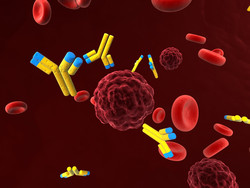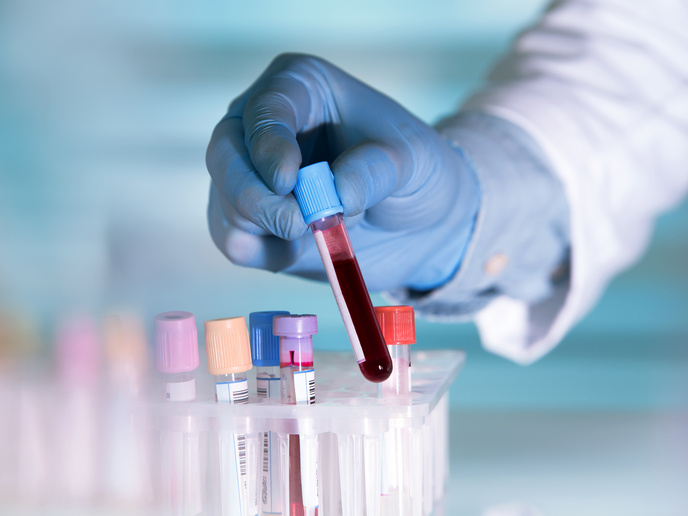Adoptive T cell transfer in the fight against cancer
Our adoptive immune system uses specialised cells and molecules to generate immunological memory upon the first encounter with a pathogen. This means that upon a second encounter with the same pathogen our body can mount an enhanced, specific immune response rapidly. When it comes to fighting cancer, the role of the immune system has been extensively studied. Cancer seems to possess various mechanisms of evading immune responses. As a result, scientists have designed a number of approaches to reactivate the immune system or make cancer antigens more immunogenic. One of these strategies involves the use of human T lymphocytes genetically modified to express chimeric antigen receptors (CARs) against cancer antigens. Researchers on the EU-funded CANCER THERAPIES (Use of adoptive T cell transfer in combination with oncolytic adenoviruses for cancer treatment) project focused on CD4+ cells polarised as Th17 cells to promote long-lived anti-tumour immunity. This was based on preclinical evidence indicating that cancer immunotherapy with CD4+ Th17 cells was very effective. Project members generated Th17 cells with chimeric receptors containing the inducible costimulatory (ICOS) protein domain. The rationale behind this approach was the maintenance of the Th17 phenotype after antigen recognition. Adoptive transfer of these cells into mice with established tumours led to enhanced antitumor responses, with 70 % of mice showing complete remission. This clearly indicated that selected CAR domains, have the capacity to enhance the in vivo persistence and effector function of T cells. In another approach, scientists combined CAR-T cells with oncolytic adenoviruses known for their ability to target, replicate in and kill cancer cells. The idea was to enhance the function of adoptively transferred engineered T cells by reverting immunosuppression and reducing tumour burden. Experiments demonstrated that treatment of tumour cells with oncolytic viruses enhanced in vitro CAR-T cell expansion upon antigen recognition and conferred a bigger tumour reduction in vivo. Although it remains to be determined if CAR-T cells and oncolytic viruses work synergistically, this combinatorial approach can augment antitumor effects. The next step is to test this approach for clinical efficacy.







